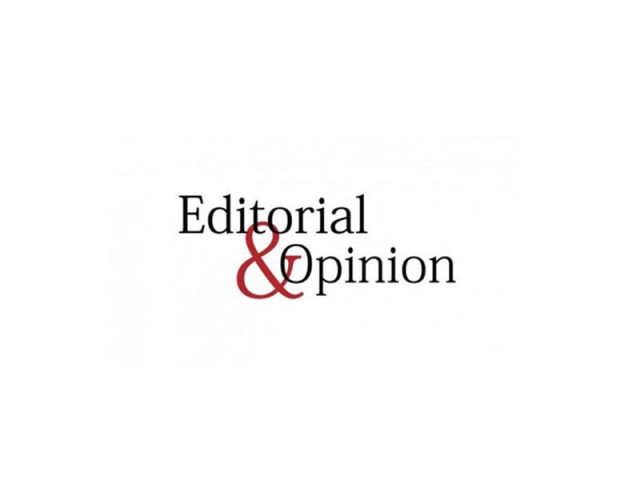Anaemia crisis
Just knowing that iron deficiency due to poor dietary intake is not enough.

The blood disease anaemia is even more widespread in Pakistan than previously thought, with a new report saying that over half of children under five and well over 40% of all women and girls suffer from the disease. Anaemia refers to a condition where the blood has lowered ability to carry oxygen around the body, usually causing fatigue, weakness and heart problems, and in extremely severe cases, death. While there are several potential causes, such as recovering from serious physical trauma, the overwhelming majority of cases are related to diet, namely iron deficiency.
But despite anaemia's human and economic tolls, and even the fact that it merits a mention in the UN SDGs, the government has done pitifully little to address the disease. Firstly, it is crucial to recognise that anaemia, particularly iron deficiency anaemia, is intertwined not only with nutrition, but also education and healthcare access. Just knowing that iron deficiency due to poor dietary intake is not enough. Enhancing nutritional awareness and access to iron-rich foods must be a cornerstone of our efforts. Public campaigns highlighting the importance of a balanced diet, fortified foods and iron supplementation should be prioritised, and the government needs to seriously consider the cost of not directly providing essential vitamin supplements, especially to pregnant women, who require significantly more iron in their diets than other women. State-provided dietary supplements would also go a long way in improving public health.
Expanded school lunch programmes could also help - in France, free school meals often resemble high-end restaurant fare and constitute as much as 40% of children's daily caloric requirement. In Punjab, students might get a free packet of milk. A healthy free meal would not only improve public health, it would certainly also lead to improved attendance, as poor and food-stressed children would not need to work or beg for a square meal.















COMMENTS
Comments are moderated and generally will be posted if they are on-topic and not abusive.
For more information, please see our Comments FAQ